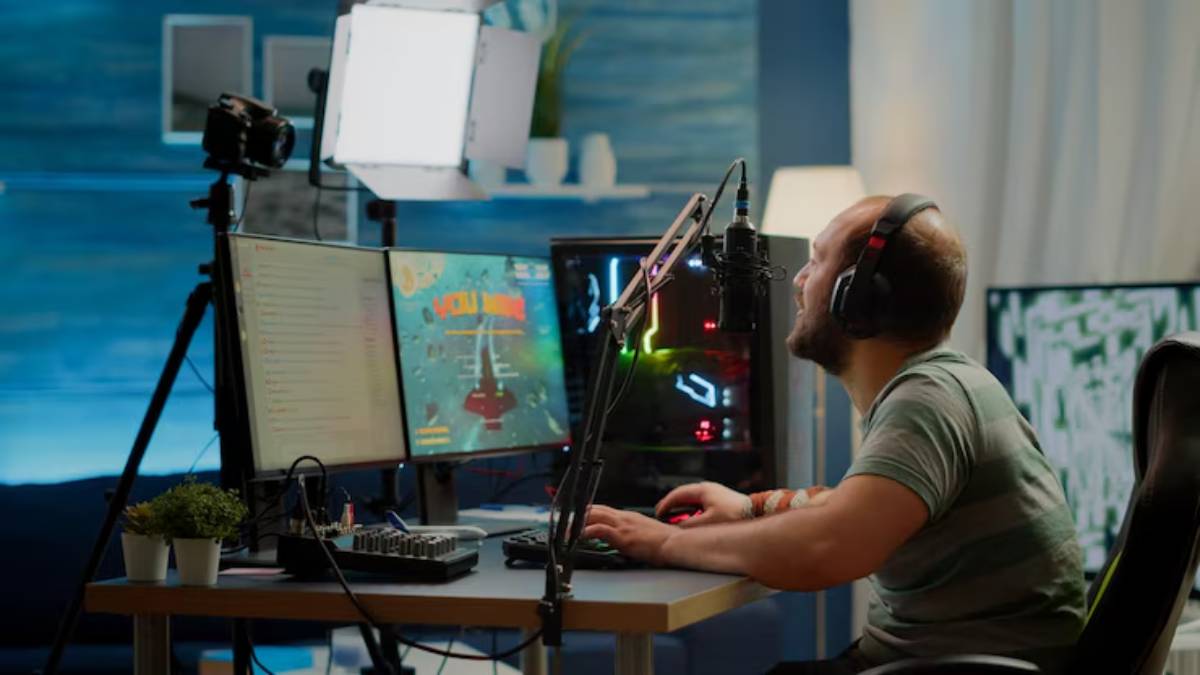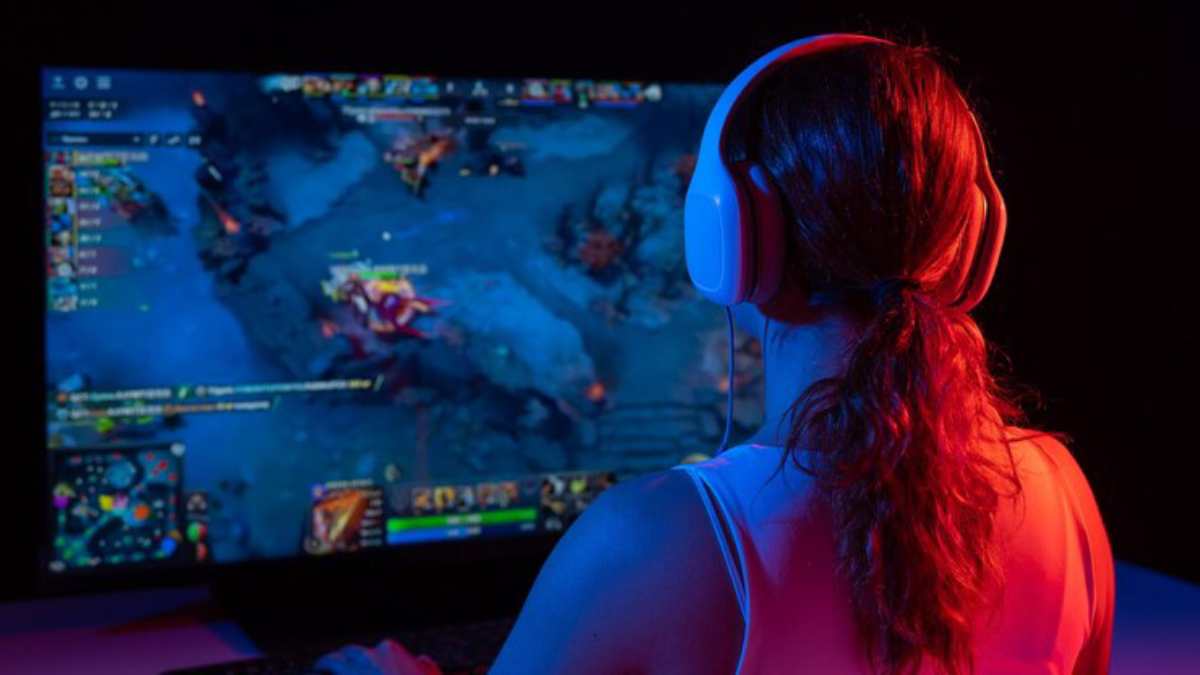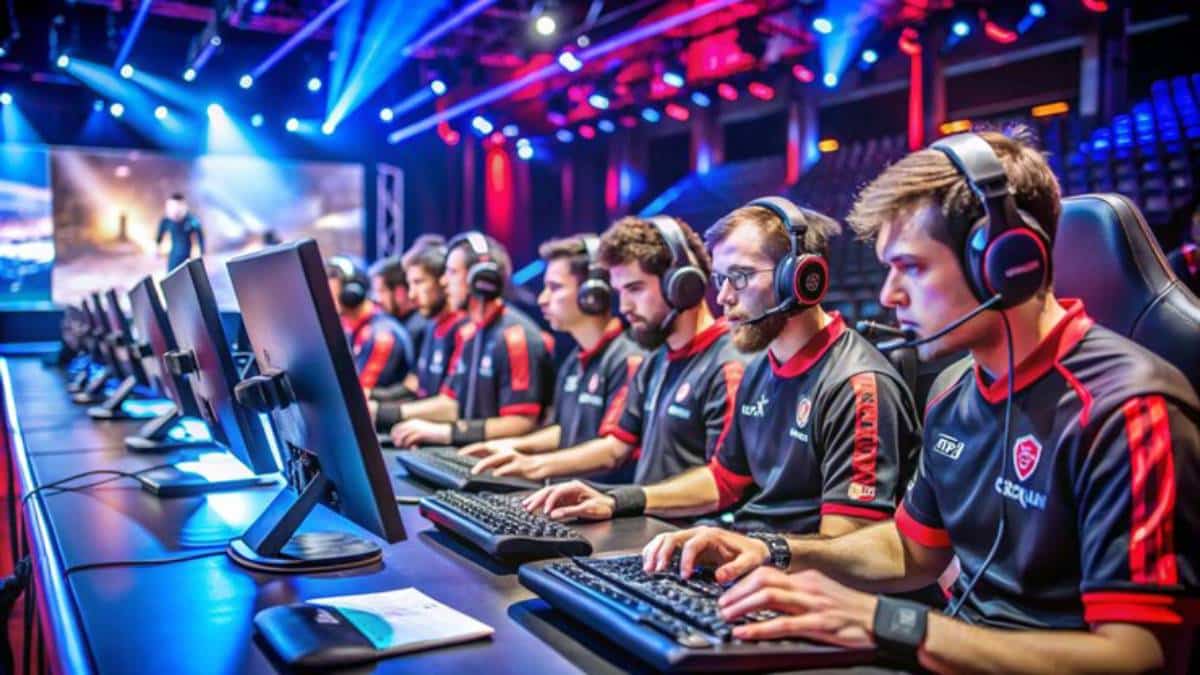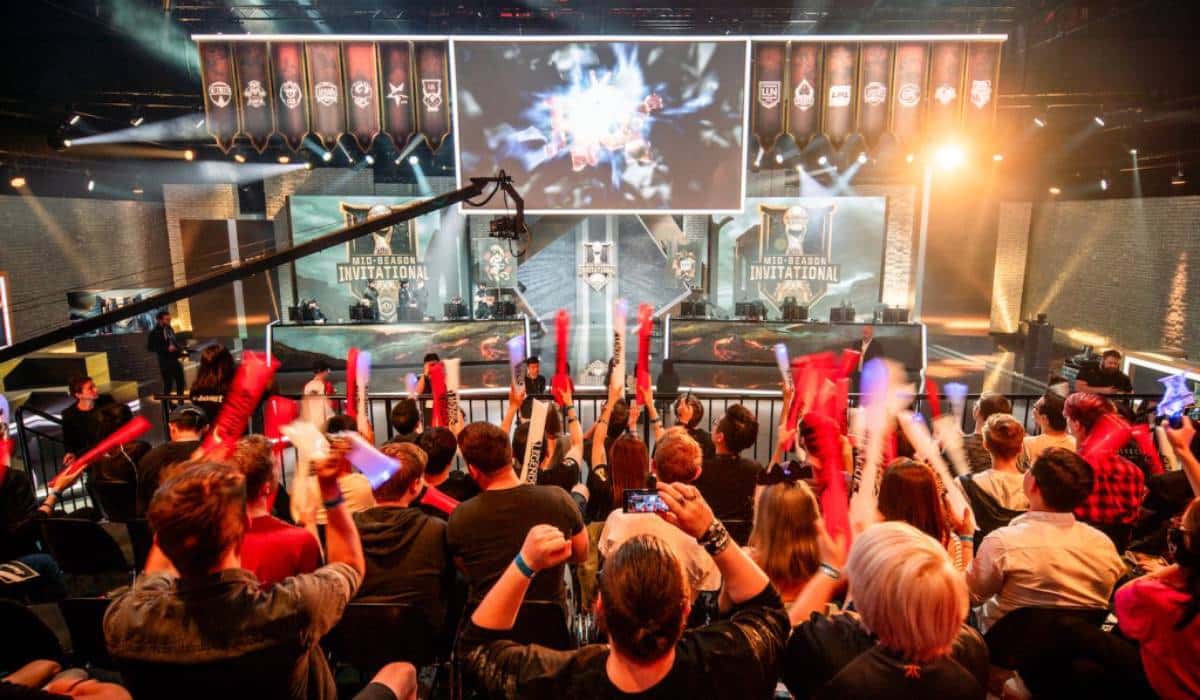
Esports Player Unions: Are They the Future of Contract Fairness?
Esports has quickly grown from small competitions to a global industry worth billions. Tournaments now offer prize pools that rival traditional sports. Teams have sponsors, so professional players can have steady and profitable careers.
Beneath the shine of live broadcasts and flashy brands is a tougher truth: inconsistent contracts, long hours, little job security, and limited oversight. As the industry grows, an important question comes up—do pro players need union representation? Could unionising esports solve ongoing problems with player rights and legal protections?
This blog looks at player welfare in esports today. It discusses the legal grey areas players face and whether unions could create a fairer future for competitive gaming stars.
The Current Landscape of Esports Employment
Unlike traditional sports, esports lacks a centralised governing body. Player contracts, working hours, and pay can vary a lot. This happens between teams, titles, and regions.
Common Challenges Faced by Esports Professionals:

- Exploitative contracts: unclear termination clauses, high buyout fees, and revenue sharing unfair to players.
- Unpredictable income: Reliance on prize money and inconsistent streaming revenue.
- Overtraining and burnout: Daily practice exceeding 10 hours, often without mandated rest days.
- Limited access to benefits: Only a few get health insurance, pension contributions, or mental health support.
- Visa issues for international play: Particularly for players from underrepresented regions.
Young talents often sign contracts as teenagers. Without legal help, they may struggle with these complexities. This can be harmful to their careers. Hence, the growing call for formal esports legal protections and advocacy.
What Is a Player Union?
A player union, or players’ association, represents athletes. It negotiates better contracts, sets industry standards, and offers legal or career support.
Traditional Sports Examples:
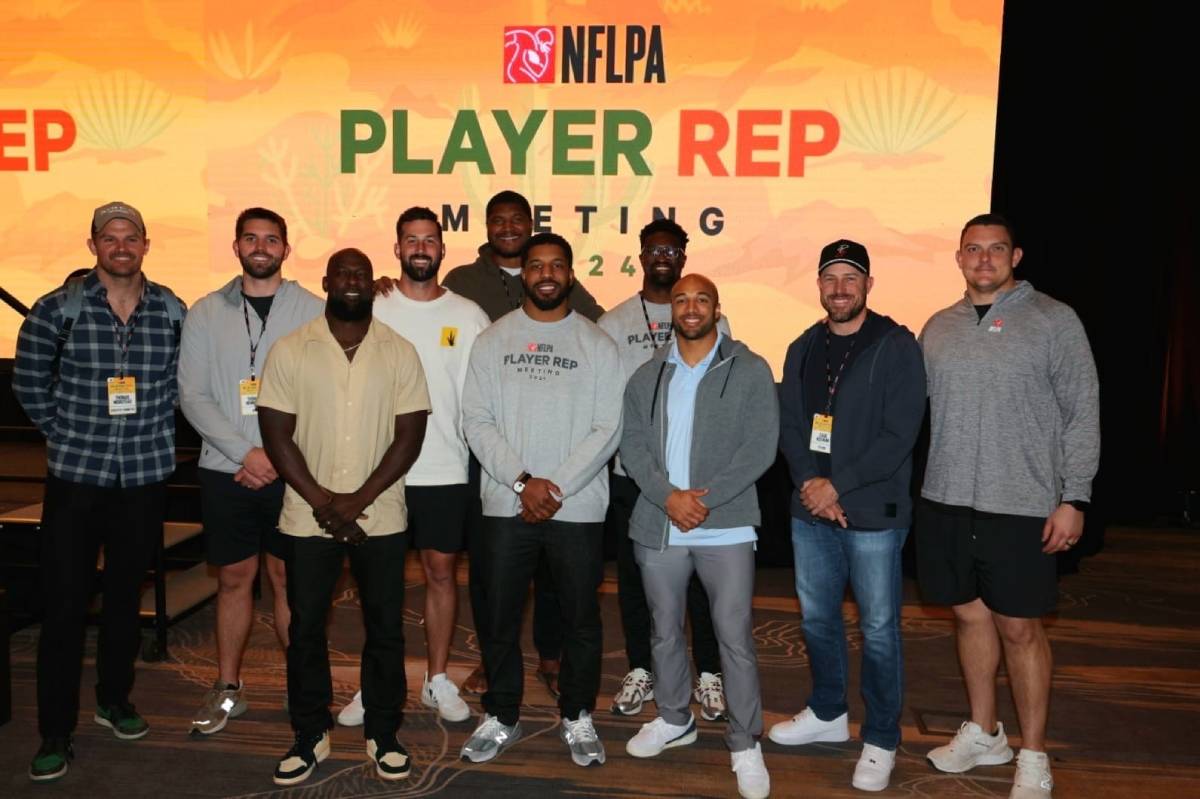
- NFL Players Association (NFLPA) – American football
- FIFPro – Global football/soccer players
- PFA – Professional Footballers’ Association in the UK
These unions have secured minimum salaries, limited training hours, and standardised contract terms. So why hasn’t esports followed suit?
The Case for Esports Unionisation
More people are calling for formal unions or player associations in competitive gaming.
1. Collective Bargaining Power
Individual players often lack leverage to challenge unfair terms. A union can negotiate minimum standards on behalf of many, improving the baseline for all.
2. Legal Guidance and Contract Review

Union-backed lawyers can help players understand and challenge clauses about exclusivity, streaming rights, or revenue shares.
3. Mental and Physical Health Support
Unions can pay for mental health services, physiotherapy, and career counselling. These are key to preventing burnout in a high-pressure career that doesn’t last long.
4. Standardised Code of Conduct
Clear rules on disputes, suspensions, and grievances would benefit both players and organisations.
5. Long-Term Career Planning
Unions provide resources for education, retirement planning, and re-skilling. This support is vital in a field where many retire in their twenties.
Esports player rights go beyond quick earnings. They focus on creating lasting futures for competitive gamers.
Why Unionisation in Esports Is Complicated
Despite the benefits, unionising within esports presents unique challenges:
A. Fragmented Industry Structure
Unlike the Premier League or NBA, esports lacks a unified league. Titles belong to publishers such as Riot Games and Valve. Each has its own rules and tournament systems. This makes creating a centralised union incredibly complex.
B. Short Player Lifespans
Many players focus on immediate chances instead of long-term benefits. This short-term view slows down unionisation efforts.
C. Global Player Base
Esports is inherently international. Creating a single set of esports legal protections that respects each country’s labour laws is a big challenge.
D. Organisation Pushback
Teams and sponsors might oppose union efforts. They worry about costs, losing control, or issues with collective bargaining.
Real-World Attempts at Esports Unionisation
Many efforts have aimed to support player advocacy, even with the challenges.
1. The Counter-Strike Professional Players’ Association (CSPPA)
The CSPPA started in 2018. It represents CS:GO pros. It has managed tournament schedules, player breaks, and standard contracts.
2. League of Legends Players Association (NA LCS)
Set up in collaboration with Riot Games to represent players in North America. While it lacks full independence, it marked an important step toward formal representation.
3. Swedish Esports Association (SESF)
Serves as a governing body and players’ union in Sweden. It advocates for better recognition of esports as a real profession.
4. The Esports Integrity Commission (ESIC)
ESIC isn’t a union, but it upholds integrity standards. It also protects players from match-fixing and exploitation.
These examples illustrate both progress and the barriers that still exist.
Alternatives to Traditional Union Models
Some experts think a standardised union model may not be effective. This is because the industry is quite fragmented. Instead, new approaches could emerge:
Title-Specific Associations
Create separate groups for CS:GO, League of Legends, Dota 2, and others. This shows the unique structures of each esports ecosystem.
Regional Bodies
Unions are organised by country or region. They follow local labour laws but work together globally on key issues.
Player Agents and Guilds
Use more registered agents to represent players. They can help with contract negotiation and brand management, either on their own or in teams.
Blockchain-Based Contracts
Smart contracts can make prize pools, revenue splits, and performance bonuses clearer. They remove confusion from agreements.
Not all these options exclude each other. They show how innovation could change esports legal protections beyond traditional models.
What Players and Fans Can Do Now
For Players:
- Know your worth: Don’t sign contracts without reviewing them carefully.
- Get legal advice: Even a short consultation can prevent long-term harm.
- Push for transparency: Ask questions about revenue splits, stream rights, and termination clauses.
- Support existing associations: Even limited advocacy groups strengthen the collective voice.
For Fans:
- Amplify concerns: Support players who speak out against exploitation.
- Demand ethics from teams and sponsors: Call for transparency and fairness in how organisations treat their players.
The growth of esports relies on its audience size. It also depends on how well it protects and respects professional players.
Towards a Fairer Playing Field
As esports grows into a global force, fair treatment for players is crucial. It’s not just the right thing to do; it’s essential for the industry’s trust and future.
Esports unionisation could chart a new course, unlike football or basketball. It will likely be hybrid, decentralised, and digital-first. But the direction is clear: players are professionals, and professionals deserve protection.
Act now: If you’re a player, manager, or fan, stand up for fair treatment. Support informed choices and systems that help the gaming world’s most valuable asset—its people.
